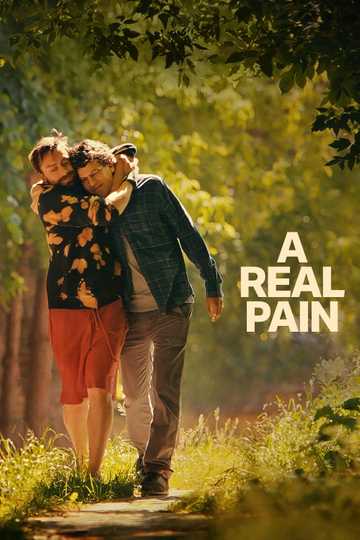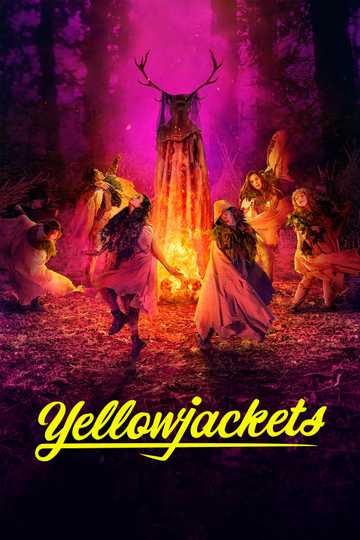Season 16 Episodes
1. The Front Line of Alzheimer's Prevention
About 70% of dementia patients suffer from Alzheimer's disease. Alzheimer's causes brain cells to die, leading to loss of memory and physical functions. A cure has yet to be found. As societies age, the number of people with Alzheimer's is expected to soar. From exercises anyone can do to new medications, we'll examine the latest efforts to defeat Alzheimer's.
2. The Gods Move House Mysteries of Ise and Izumo
Sengu is the ceremonial transfer of a god to its new home. The god moves house. By coincidence, Sengu was performed at Japan's 2 most important shrines in 2013, at both the Ise Jingu and the Izumo Taisha. Why have these unique house moving rites been observed for more than a thousand years? We delve deeply into the ancient mysteries and interconnectedness of the 2 Sengu rites to discover what they can tell us about the origins of the nation we now call Japan.
3. Disaster Big Data: Preparing Tokyo Residents for the Worst
Experts say that a major earthquake will strike Tokyo within the next 3 decades. Disaster big data, a huge collection of information from the 2011 Great East Japan Earthquake may minimize the damage. Analysis of cell phone location data and travel records from car navigation systems revealed people's movements immediately after the disaster. The Japanese government is using big data to help communities prepare for the next disaster. We'll take a close look at their efforts.
4. Challenging the Paranormal Episode 1: The Afterlife
Paranormal phenomena simply defy common sense. The world abounds with reports of events such as spiritual entities, near-death experiences and reincarnation. In the 1st episode of our series "Challenging the Paranormal", we follow experts using high-tech devices to tackle these unexplained mysteries baffling modern science.
5. Challenging the Paranormal Episode 2: Psychic Power
Paranormal phenomena simply defy common sense. The world abounds with reports of events such as psychic powers, telepathy, and remote viewing. In the 2nd episode of our series "Challenging the Paranormal", we follow experts using neuroscience and quantum theory to tackle these unexplained mysteries baffling modern science.
6. Brown Bears' Fateful Journey: Life on the Shiretoko Peninsula
Shiretoko on the northern island of Hokkaido has been designated a UNESCO World Heritage Site. The 70-kilometer-long peninsula is home to more than 200 brown bears. 4 years ago, we encountered 2 male siblings, both 6 months old. The youngsters would face a series of tests. They must part with their mother. They would struggle with hunger, and battle for territory. Would the cubs overcome these challenges? This program is a record of their fateful journey.
7. Marimo - Mysterious Living Spheres
Lake Akan on the Japanese island of Hokkaido is said to be the last place on Earth where algae balls called Marimo grow in the wild. The spherical shape makes photosynthesis difficult, so scientists have long wondered how Marimo survive. NHK obtained permission to film their habitat for a year, in the first project of its kind. Join us as we explore a spectacle of nature in Lake Akan.
8. Mach Stem: The Nagasaki bombing intensified
In 1945, US forces dropped an atomic bomb on Nagasaki. Last year, photos and a map of the aftermath were found, detailing the bomb's destructive mechanism. They showed how the Mach stem - a shock wave that hyper-intensified the power of the initial blast - was responsible for destroying buildings with increasing force 500 meters from ground zero. Through a simulation of the blast and interviews with survivors, this program reveals how the bomb was exploded to maximize its catastrophic effect.
9. The Teotihuacan Enigma: A New Dawn of Civilization
For the first time, we are able to show full details of the excavation of a hidden tunnel, sealed and forgotten for 1,800 years, beneath a pyramid in Teotihuacan, Mexico. The ongoing excavation is producing a flood of discoveries that are not only shedding fresh light on the religious and intellectual life of the people who lived here, but also radically changing the way we think civilization began.






















